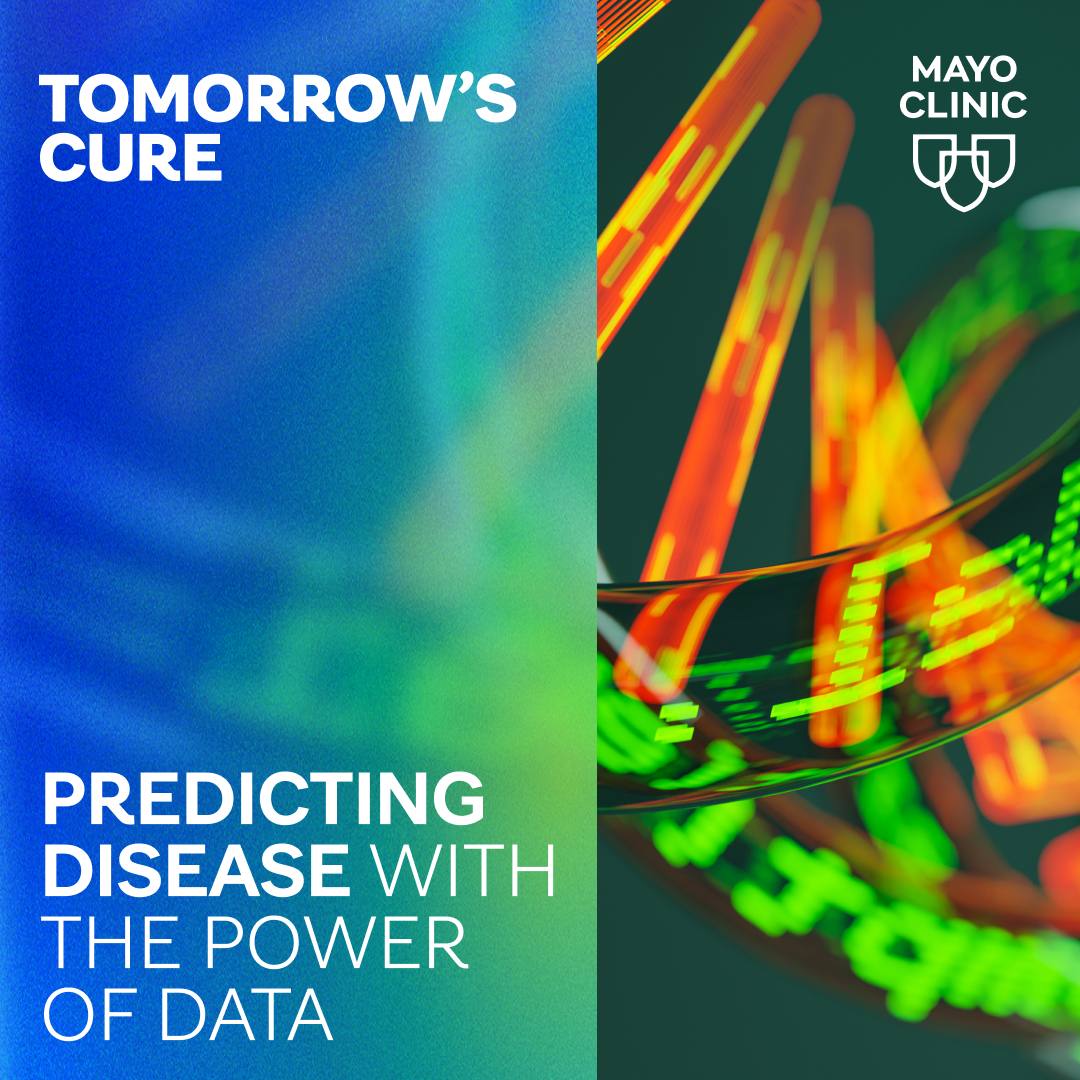-
Does caffeine make depression worse?
 There's no clear link between caffeine intake and depression. However, caffeine intake and depression may be linked indirectly for people who are particularly sensitive to the effects of caffeine or who have too much caffeine.
There's no clear link between caffeine intake and depression. However, caffeine intake and depression may be linked indirectly for people who are particularly sensitive to the effects of caffeine or who have too much caffeine.
- Caffeine can cause sleep problems that affect mood.
Caffeine can make it harder to fall asleep and stay asleep. Lack of sleep can worsen depression. If you have trouble sleeping, don't drink caffeinated beverages late in the day. Some people need to limit caffeine to the morning or quit drinking caffeinated beverages completely to avoid sleep problems. Also, anxiety and depression often occur together, and caffeine can worsen anxiety. - Stopping abruptly can worsen depression.
If you regularly drink caffeinated beverages, quitting can cause a depressed mood until your body adjusts. It can also cause other signs and symptoms, such as headaches, fatigue and irritability.
If you have depression, consider limiting or avoiding caffeine to see if it helps improve your mood. To lessen these withdrawal effects, gradually reduce the amount of caffeinated beverages you drink.
This article is written by Dr. Daniel Hall-Flavin and Mayo Clinic staff. Find more health and medical information on mayoclinic.org.
Related Articles

Health & Wellness

Medical Innovation





